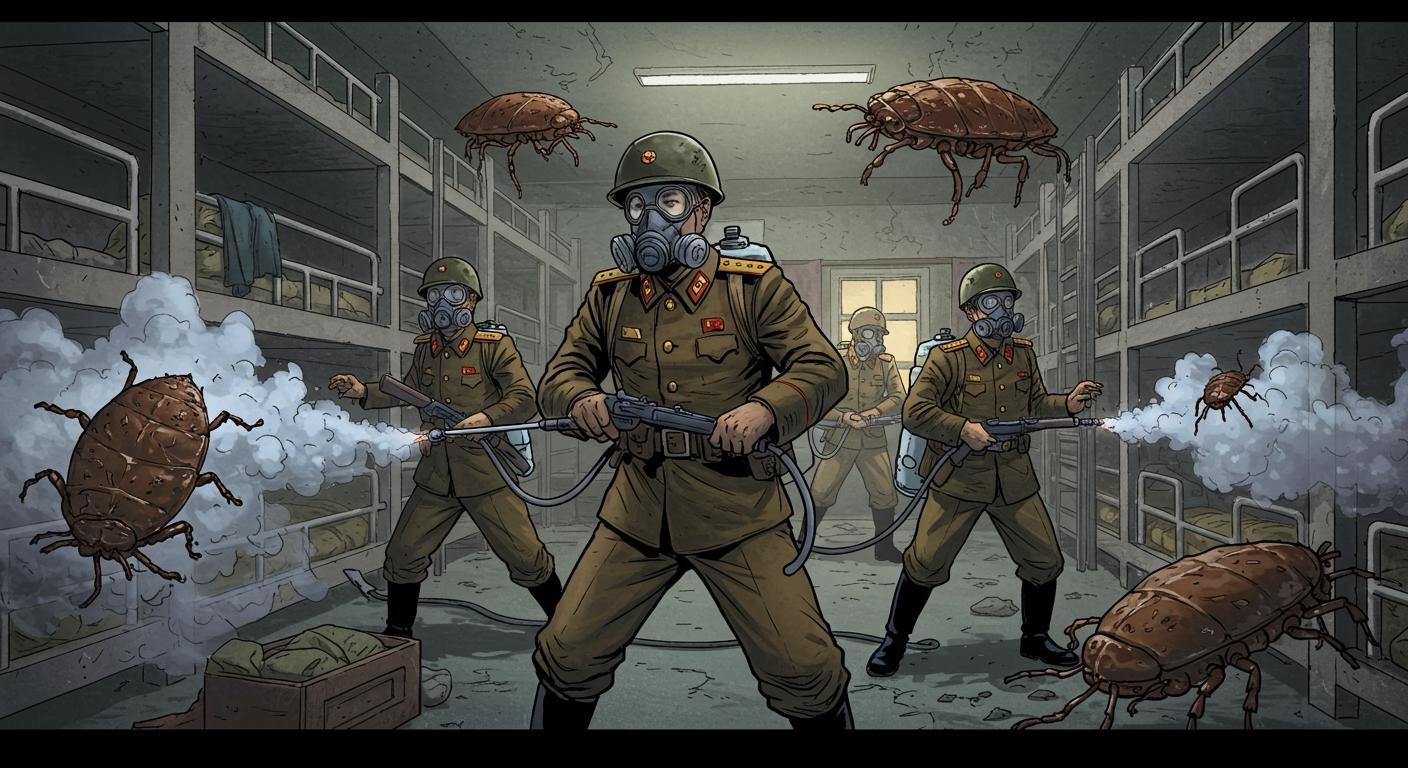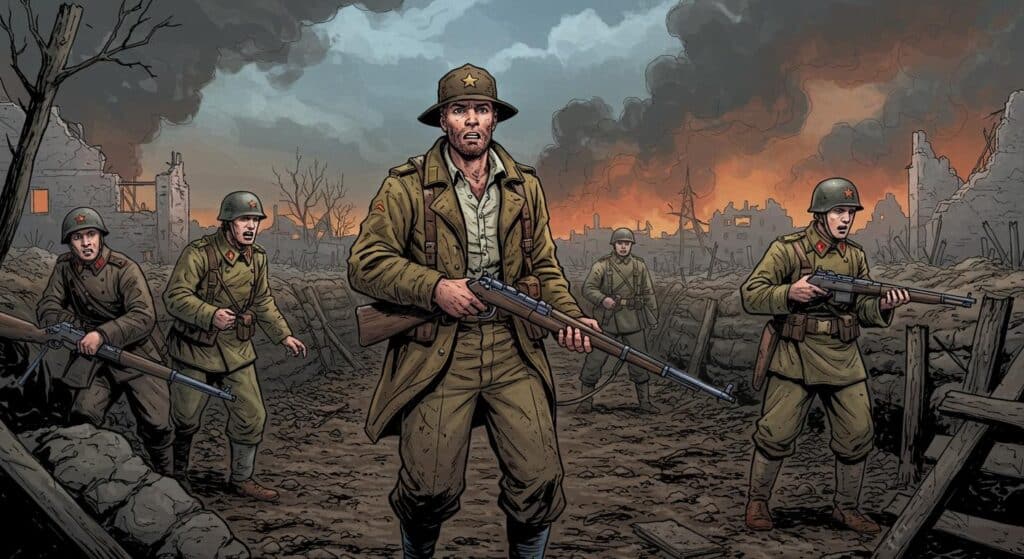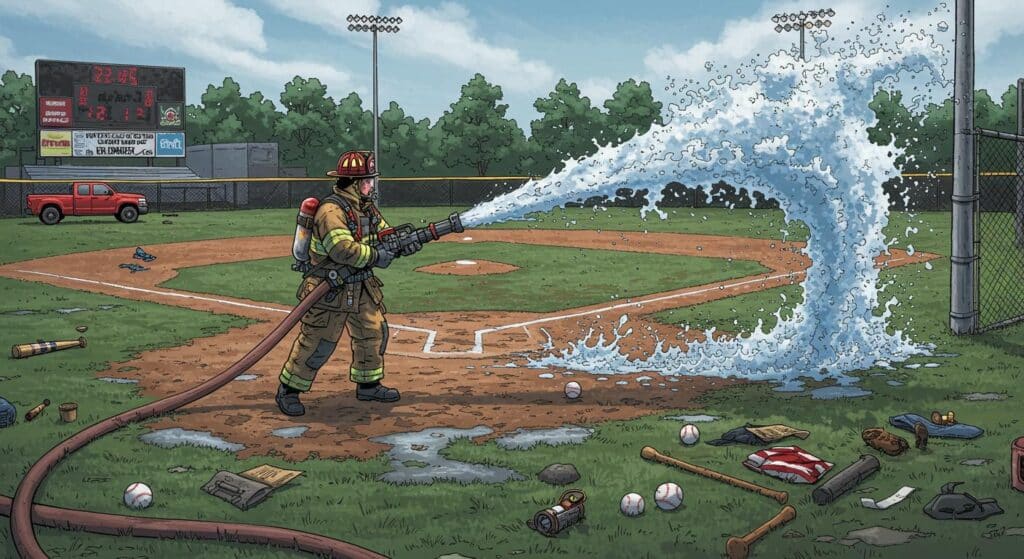It seems North Korea, never one to do things halfway, has opened a new front—this time, against an enemy far smaller than imperialism or foreign intelligence. As Daily NK reports, the Korean People’s Army has launched an official “month of fumigation” in response to a wave of bedbug infestations throughout military barracks. Who knew the next campaign season would involve so much insecticide?
The Itch That Launched a Thousand Fumigators
Picture the world’s most secretive military in the throes of its summer exercises. Instead of steely-eyed warriors, there’s a parade of officers and conscripts sporting visible insect bites on faces and necks—a sorry spectacle discovered by General Staff Department inspectors during July’s roll call, as described by Daily NK. The severity of the outbreak prompted inspectors to contact their superiors in early July, worried about both hygiene and morale.
These uninvited guests seem to have made themselves at home before; soldiers in Reconnaissance General Bureau units reportedly dealt with an infestation last monsoon season as well. Officers, quoted in the outlet’s coverage, have long pointed to the unit’s pinewood beds as the culprit—apparently an ideal haven for any self-respecting Cimex lectularius. Who could have guessed military readiness would be upended by lumber choice?
Military Campaign or Giant Pest Control Ad?
After being briefed on the scope of the problem, the General Staff Department moved quickly, according to information found in Daily NK’s reporting. July was officially decreed “the month of fumigation,” with every barracks across the military slated for multiple treatments—from two to five rounds of pesticide and fumigant gas. All of this is meant to run in parallel with the regular schedule of military drills and summer exercises, making for an unusually eventful July.
Tackling the infestation is no small logistical feat. Soldiers temporarily bunk with other platoons while their home barracks are sealed, everything inside—from beds to windows—treated thoroughly, and the spaces left to marinate in fumigant gas for 48 hours. The outlet also notes that pest control supplies were distributed by logistics and medical departments, with platoons treated in turn. Will the last bedbug standing become yet another cautionary tale in wartime endurance?
Soldiers: “It’s Us or Them”
The unvarnished honesty from the barracks jumps off the page. Soldiers, as described in Daily NK’s interviews, express a blend of exhaustion and resignation. One remarks that the summer is already tiring and that “you get so itchy at night you can’t get any sleep.” Another points out, with a kind of bleak humor, “It’s tough to have bedbugs sucking your blood when we already have so little to eat.” Perhaps most tellingly, a third confesses, “I was more scared of getting bitten by bedbugs at night than of the exercises we do during the daytime.”
Despite the hassle of displacement and repeat fumigation, most soldiers seem genuinely relieved. The prospect of even temporary relief from the nocturnal onslaught brings a sense of hope—and, perhaps, a sliver of comfort amidst the discomfort.
Pest Control and Statecraft: Strange Bedfellows
This episode, documented in detail by Daily NK, highlights an odd intersection: the pageantry of state policy and the annoyance of everyday pests. In a society so rigidly choreographed, it’s somehow fitting (and more than a little surreal) to see pest control elevated to a matter of operational strategy. But does reframing pandemic vermin as a military threat make them any less itchy?
The ongoing “month of fumigation” is a reminder that even the world’s most isolated and hierarchical institutions are ultimately vulnerable to the tiniest adversaries. In the end, no amount of discipline or secrecy can fully control what shares your bed. And perhaps that is both the bitterest and the most relatable medicine of all. How many other armies, public or private, are fighting their own unsung battles under the covers?







